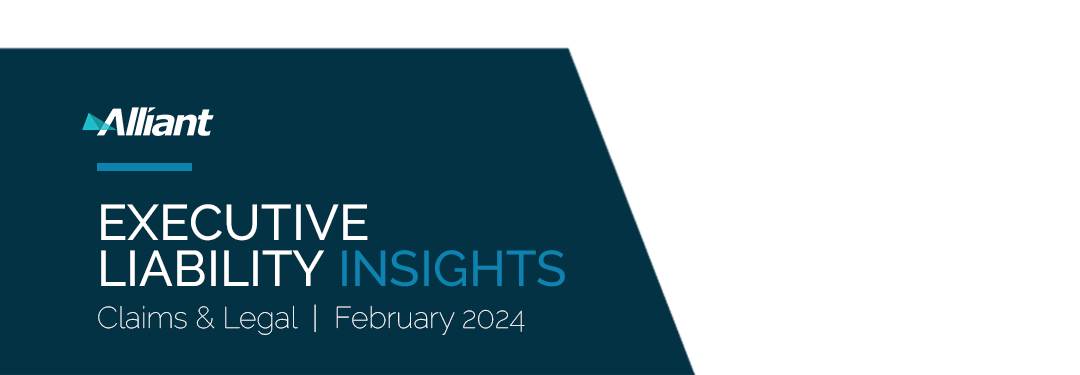
SECURITIES CORNER
SEC UNVAILS NEW RULES IMPROVING DISCLOSURES RELATED TO SPAC AND de-SPAC TRANSACTIONS


- Require the Target in a de-SPAC transaction to be a co-registrant with the SPAC and, thus, assume legal responsibility under the Securities Act of 1933;
- Increase disclosures of key features such as, sponsor identity, conflicts of interest, dilution, and compensation of the parties and their affiliates;
- Require disclosures of the transactional background, including discussions between the parties, and increased disclosures of third-party reports or opinions;
- Regard any business combination transaction involving a reporting SPAC, to be a sale of securities to the reporting SPAC’s stockholder;
- Expect that steps will be taken to align the regulatory treatment of projections in de-SPAC transaction with those of traditional IPOs under the Private Securities Litigation Reform Act of 1995 (PLSRA).
SEC EXPANDS DEFINITION OF SECURITIES DEALERS TO INCLUDE SOME PRIVATE FUNDS


These firms will now be required to register as members of the Financial Industry Regulatory Authority. Members must meet certain reporting, recordkeeping and minimum capital requirements that previously did not apply to these firms. The purpose of the change is to require firms acting like dealers to register as dealers, thereby protecting investors and promoting market integrity, resiliency, and transparency. The new rules include exemptions for central banks, sovereign entities, and international financial institutions, as well as indicate that pension funds do not fall within the definition, although there is no specific exclusion.
The approval was divided amongst the SEC Commission, with one dissenting member describing the change as a “war on private funds” and an overreach of SEC oversight. Despite these concerns, the SEC estimates fewer than 16 private funds will be affected by the new registration requirements. Uncertainty remains around the reach and impact of the new rules and discussions between SEC staff and market participants should be expected; however, the new rules will raise the regulatory risk for at least some private funds.
|
Director/Officer |
Role |
Company |
|
Gopala Krishnan, Manivannan Shanmugan, & Sakthivel Palani Gounder |
Founders |
Nanban Ventures LLC |
|
Shanchun Huang |
Former CEO |
Future FinTech |
|
Karen Rosenberger |
CFRO |
Synchronoss Technologies, Inc. |
|
Director/Officer |
Role |
Company |
|
Gopala Krishnan, Manivannan Shanmugan, & Sakthivel Palani Gounder |
Founders |
Nanban Ventures LLC |
|
Shanchun Huang |
Former CEO |
Future FinTech |
|
Karen Rosenberger |
CFRO |
Synchronoss Technologies, Inc. |
JANUARY 2024 NOTEWORTHY SETTLEMENTS AND JUDGMENTS
|
Amount |
Director/Officer |
Role |
Company |
|
$1,126,606 |
Joshua Dax Cabrera |
Former CEO |
Medsis International, Inc. |
|
$297,345.59 |
Jeremy Barbera |
Former CEO |
Nenobeak Biotech Inc. |
|
$567,500 |
Gregory Grenda |
Former CCO |
Grenda Group, LLC |
|
$600,000 |
Craig Sproule |
Founder |
Crowd Machine, Inc. |
|
Amount |
Director/Officer |
Role |
Company |
|
$1,126,606 |
Joshua Dax Cabrera |
Former CEO |
Medsis International, Inc. |
|
$297,345.59 |
Jeremy Barbera |
Former CEO |
Nanobeak Biotech Inc. |
|
$567,500 |
Gregory Grenda |
Former CCO |
Grenda Group, LLC |
|
$600,000 |
Craig Sproule |
Founder |
Crowd Machine, Inc. |
Source: U.S. Securities and Exchange Commission
https://www.sec.gov/litigation/admin.htm